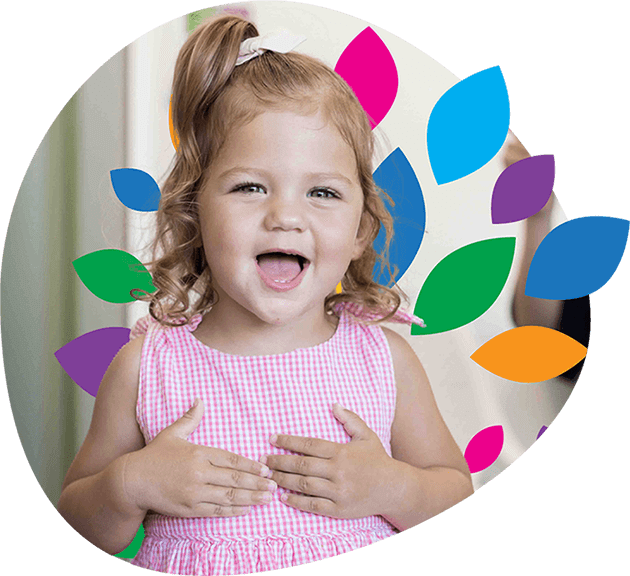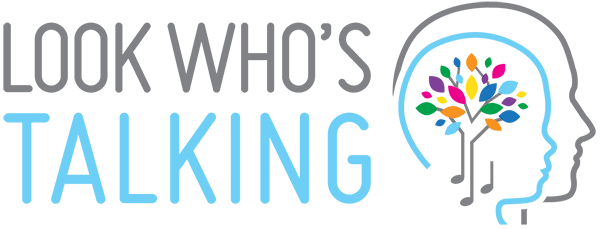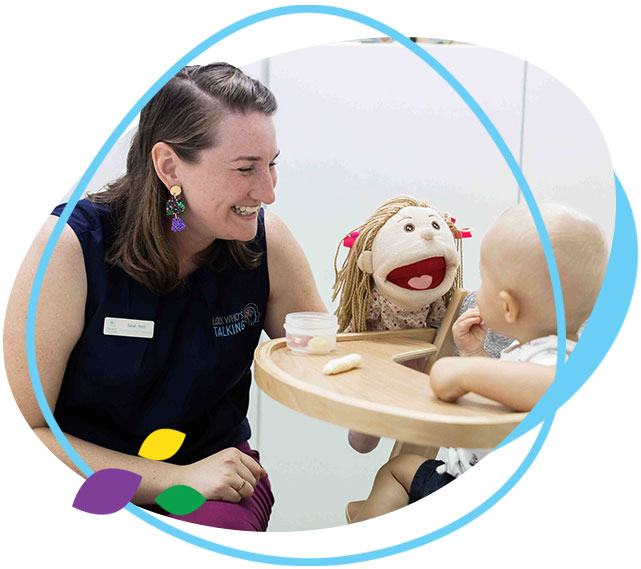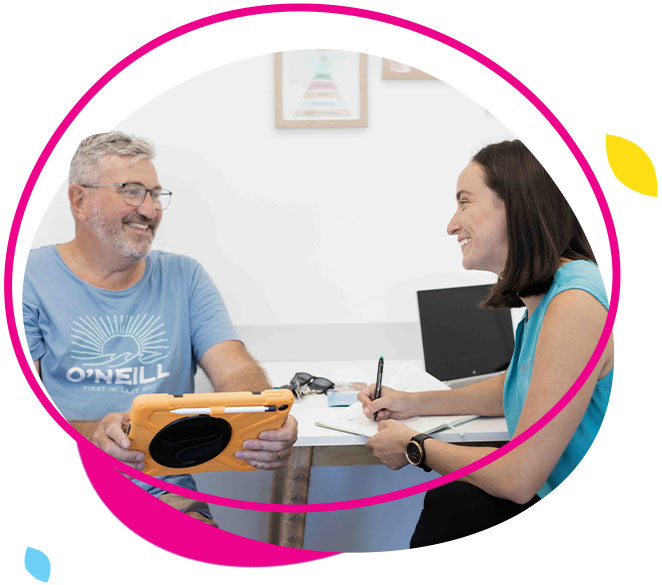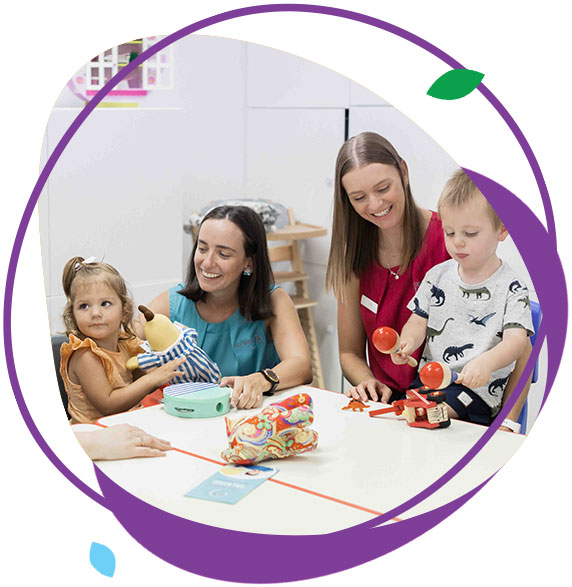Speech Pathology
Our speech therapy services help both children and adults to develop effective communication skills.
That doesn’t necessarily mean ‘typical’ communication skills.
There are many different ways to get your message across and engage with others – and we encourage them to learn new ways of listening to you too.
